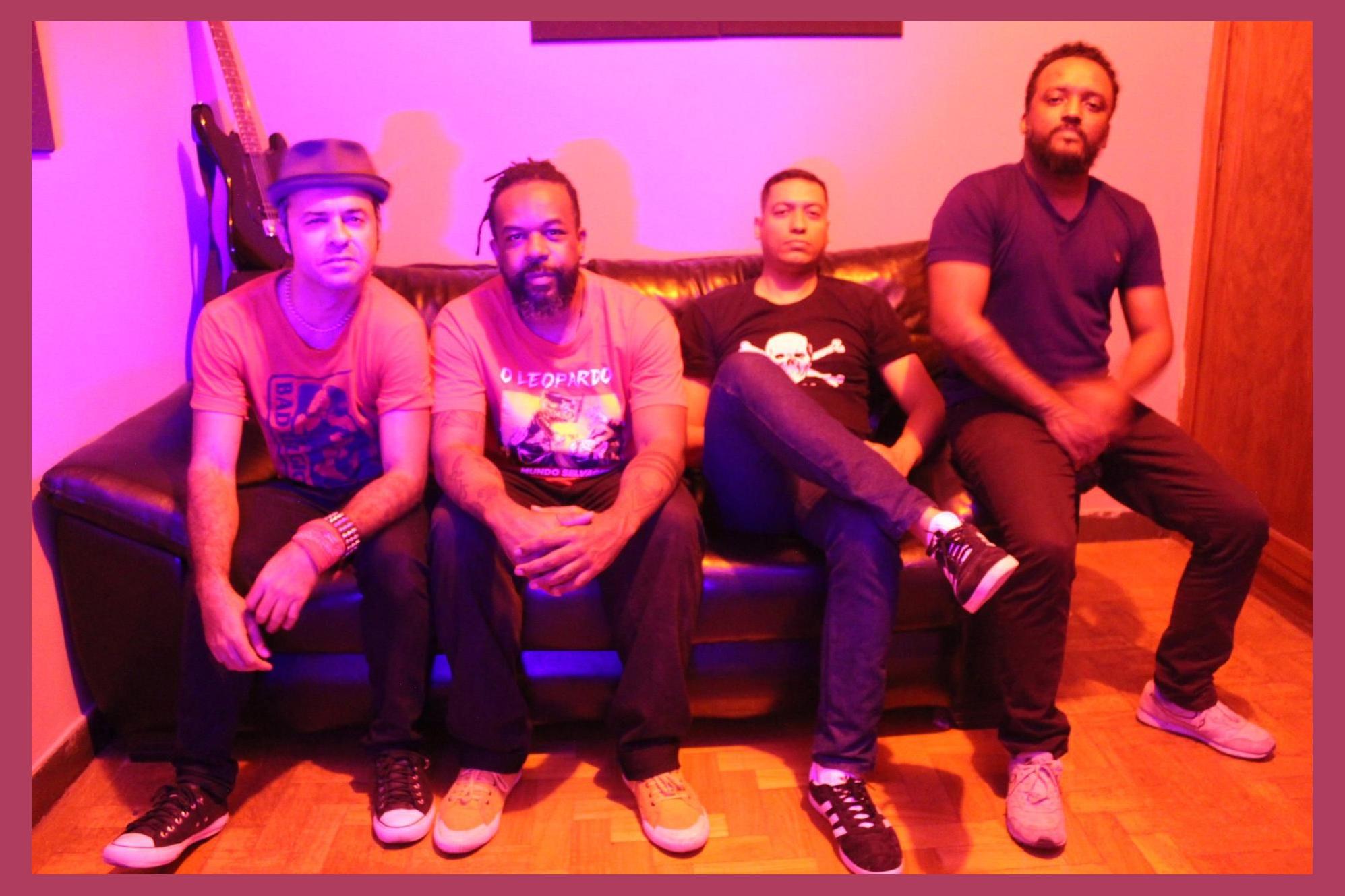 O Leopardo
O Leopardo
The Legacy of O Leopardo: A Symphony of Revolution and Rebellion
Emerging from the vibrant streets of Rio de Janeiro in the 1980s, O Leopardo ascended as a musical force that defied boundaries and ignited social change. Led by the charismatic frontman Lobão, the band's anthems resonated with the disenfranchised, challenging the oppressive regime and advocating for justice.
Early Struggles and Controversies
O Leopardo's path was fraught with obstacles. Their lyrics, often laced with political commentary, drew the ire of the authorities. Their debut album, "Vivendo e Aprendendo," was banned by the government, and Lobão faced imprisonment for his outspoken views. Undeterred, the band continued to perform, their message echoing through underground venues and reaching a growing audience.
Political Anthems and Social Impact
One of O Leopardo's most iconic songs, "Cai Fora," became a rallying cry for the masses. Its lyrics, "Cai fora, Lula / Chega de roubar," denounced corruption and demanded the downfall of the government. The song ignited protests and contributed to the overthrow of the military dictatorship.
Beyond their political activism, O Leopardo also explored themes of personal struggle and liberation. Their music celebrated the resilience of the Brazilian people and inspired a sense of unity and hope.
Discography and Members
O Leopardo's discography spans over a decade, featuring albums such as "Uns Dias Como Um Leopardo" (1984), "Lobão" (1985), and "A Vida é Doce" (1990). The band's lineup included Lobão (vocals, guitar), Bernardo Vilhena (bass), Ricardo Barreto (drums), and Júlio Barroso (guitar).
Legacy and Influence
O Leopardo's music continues to inspire generations of Brazilians and beyond. Their bold activism and timeless melodies have left an enduring mark on the country's cultural and political landscape. They remain a symbol of resistance, rebellion, and the transformative power of music.
Emerging from the vibrant streets of Rio de Janeiro in the 1980s, O Leopardo ascended as a musical force that defied boundaries and ignited social change. Led by the charismatic frontman Lobão, the band's anthems resonated with the disenfranchised, challenging the oppressive regime and advocating for justice.
Early Struggles and Controversies
O Leopardo's path was fraught with obstacles. Their lyrics, often laced with political commentary, drew the ire of the authorities. Their debut album, "Vivendo e Aprendendo," was banned by the government, and Lobão faced imprisonment for his outspoken views. Undeterred, the band continued to perform, their message echoing through underground venues and reaching a growing audience.
Political Anthems and Social Impact
One of O Leopardo's most iconic songs, "Cai Fora," became a rallying cry for the masses. Its lyrics, "Cai fora, Lula / Chega de roubar," denounced corruption and demanded the downfall of the government. The song ignited protests and contributed to the overthrow of the military dictatorship.
Beyond their political activism, O Leopardo also explored themes of personal struggle and liberation. Their music celebrated the resilience of the Brazilian people and inspired a sense of unity and hope.
Discography and Members
O Leopardo's discography spans over a decade, featuring albums such as "Uns Dias Como Um Leopardo" (1984), "Lobão" (1985), and "A Vida é Doce" (1990). The band's lineup included Lobão (vocals, guitar), Bernardo Vilhena (bass), Ricardo Barreto (drums), and Júlio Barroso (guitar).
Legacy and Influence
O Leopardo's music continues to inspire generations of Brazilians and beyond. Their bold activism and timeless melodies have left an enduring mark on the country's cultural and political landscape. They remain a symbol of resistance, rebellion, and the transformative power of music.